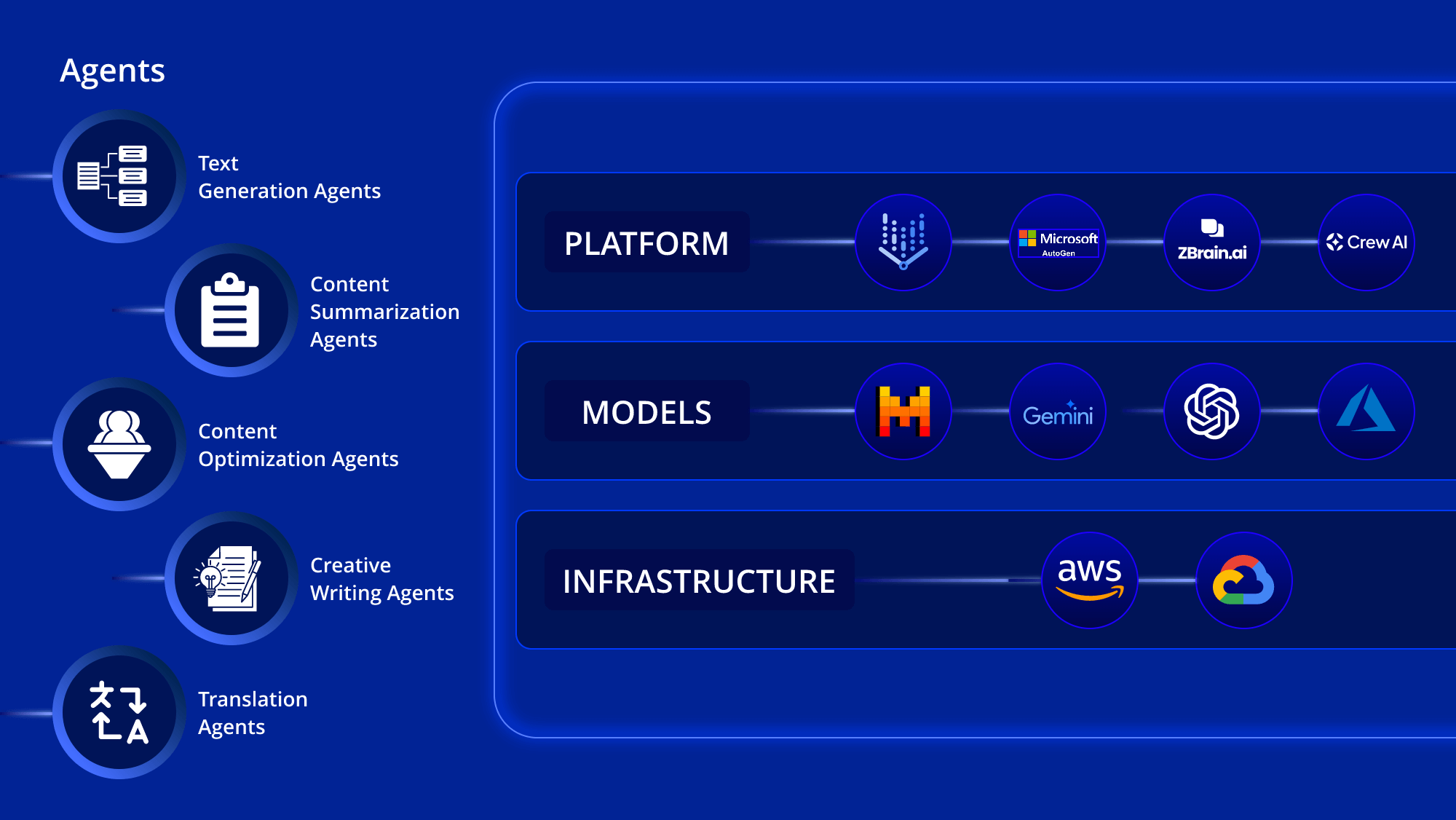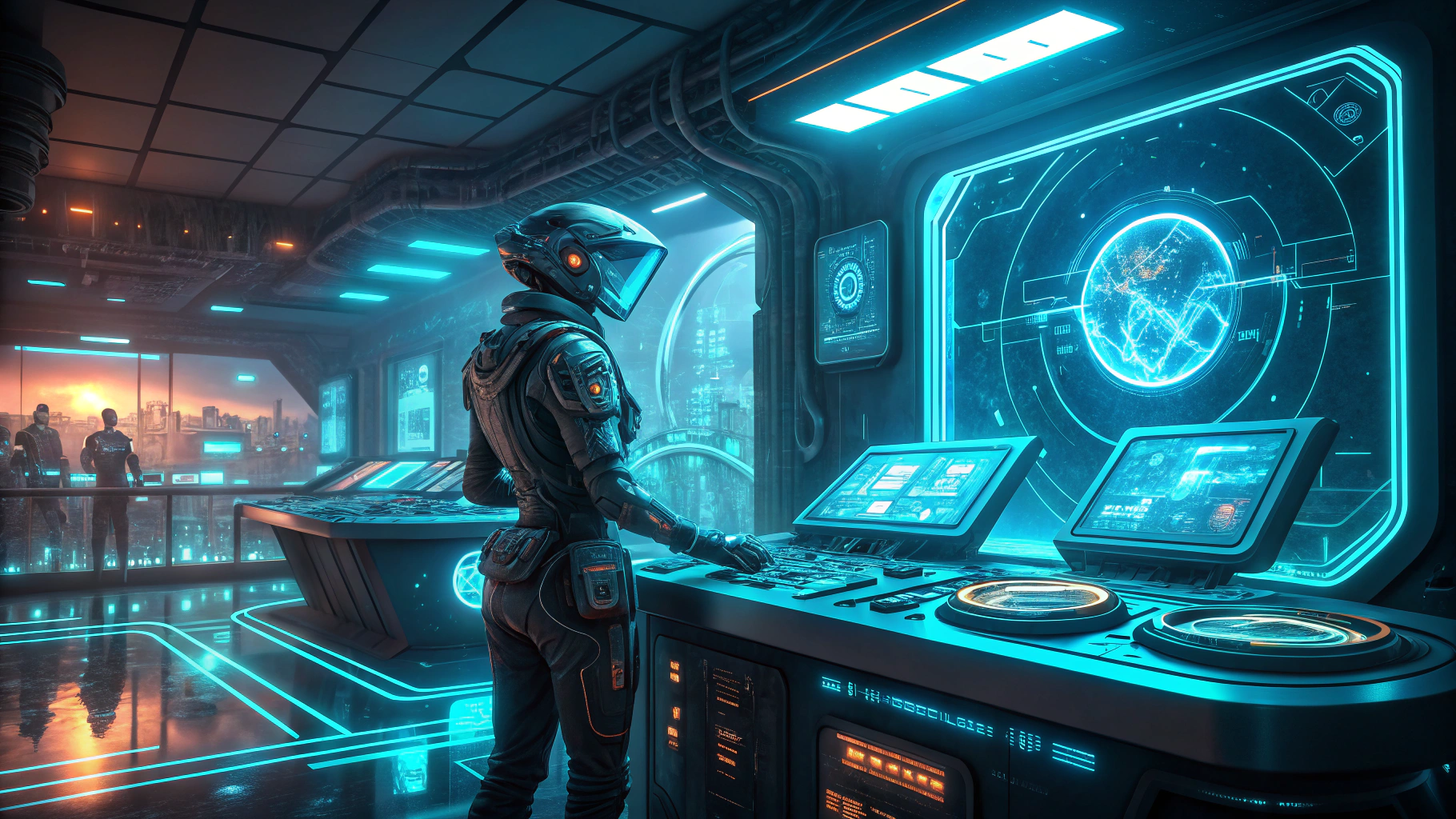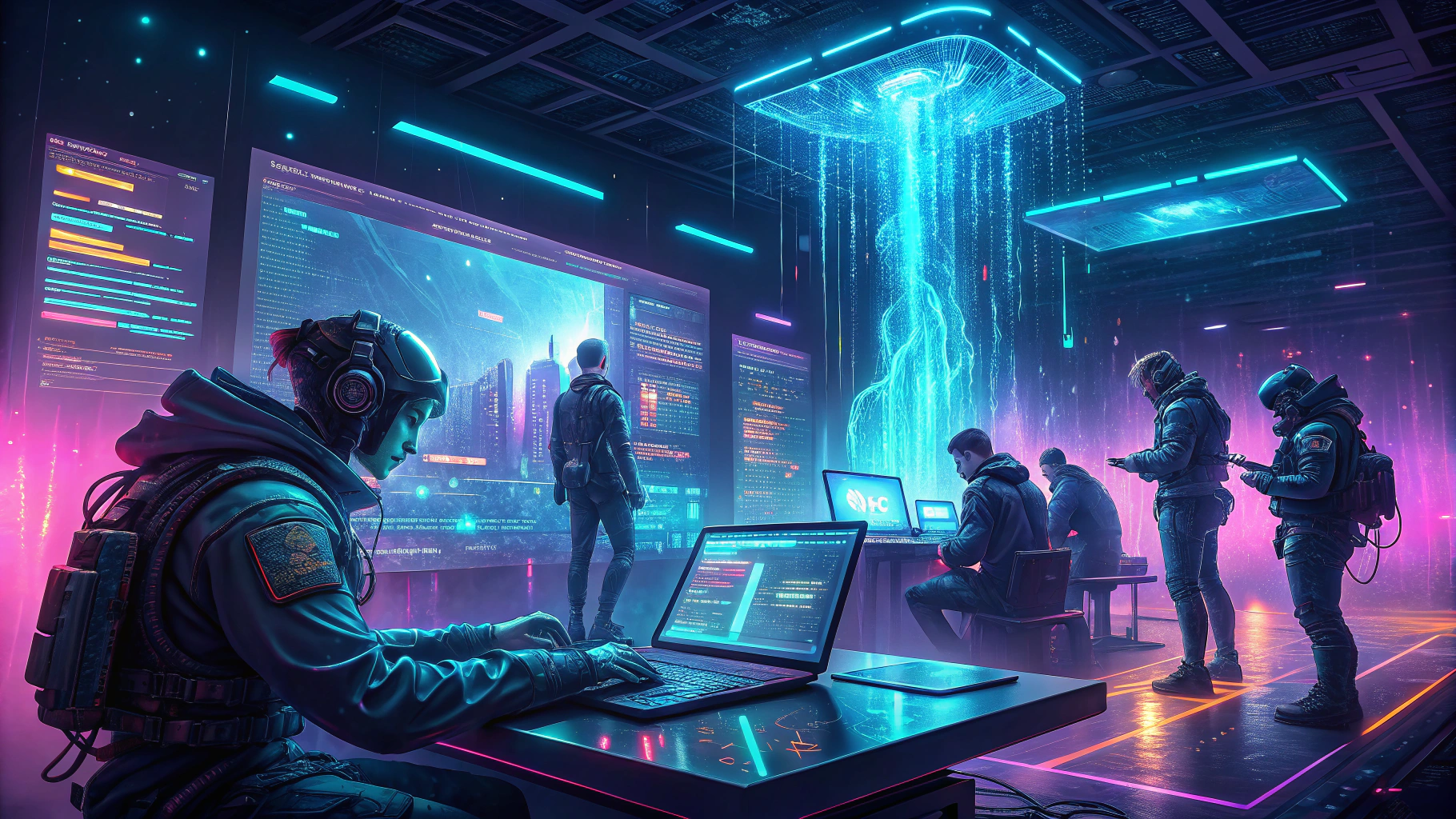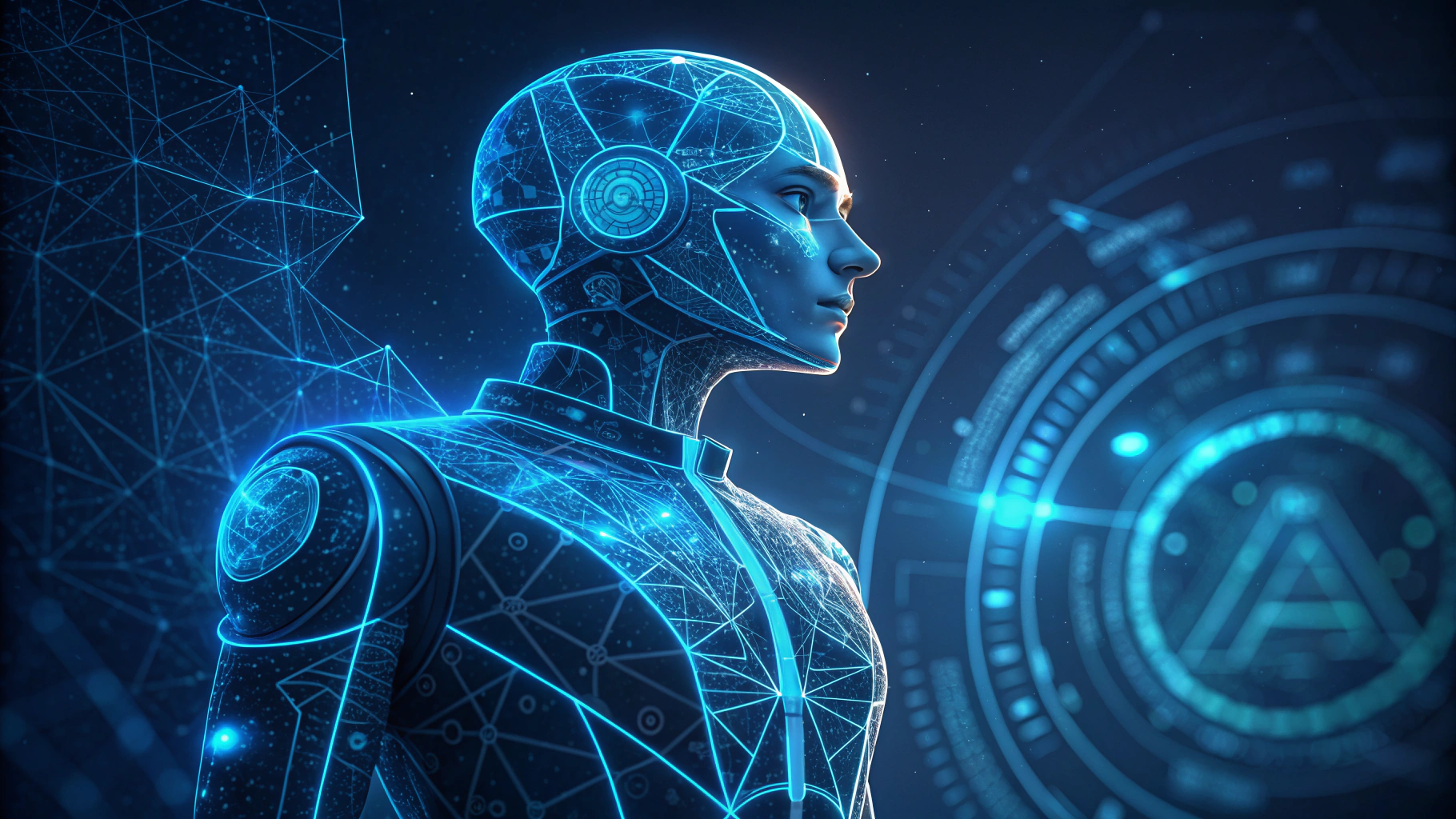AI Agents: Transforming the Future of Intelligent Automation

AI Agents: Transforming the Future of Intelligent Automation
Understanding AI Agents: The Future of Intelligent Systems
Artificial Intelligence (AI) has become a cornerstone of modern technology, transforming how we interact with machines and automating complex processes. Among AI’s most fascinating developments are AI agents, which are designed to perform tasks autonomously, improving efficiency and decision-making across various sectors.
What are AI Agents?
AI agents are computer programs that can perceive their environment, reason, and take actions to achieve specific goals. These agents operate autonomously, using algorithms and data to make informed decisions. They are integral to applications ranging from virtual assistants to sophisticated robotics.
Types of AI Agents
AI agents can be categorized into several types, each with unique capabilities and applications. The most common types include:
- Reactive Agents: These agents respond to environmental stimuli without retaining historical data. They are efficient for simple tasks but lack the ability to learn from past experiences.
- Deliberative Agents: These agents possess an internal model of the environment, allowing them to plan and make decisions based on historical data. They are suitable for complex problem-solving tasks.
- Interactive Agents: These agents communicate with users or other agents to gather information and make collaborative decisions. They are often used in customer service applications.
- Hybrid Agents: Combining features of both reactive and deliberative agents, hybrid agents offer a balance of real-time reactivity and strategic planning.
Applications of AI Agents
AI agents are revolutionizing various industries by enhancing productivity and enabling new capabilities. Some key applications include:
1. Virtual Assistants
Virtual assistants like Siri, Alexa, and Google Assistant are prime examples of AI agents. They help users manage schedules, answer queries, and control smart home devices through voice commands.
2. Autonomous Vehicles
AI agents are crucial in the development of autonomous vehicles. These agents analyze real-time data from sensors to navigate roads, avoid obstacles, and ensure passenger safety.
3. Healthcare
In healthcare, AI agents assist in diagnosing diseases, personalizing treatment plans, and monitoring patient health. They analyze medical data to provide accurate and timely recommendations.
4. Finance
AI agents in finance are used for algorithmic trading, fraud detection, and customer service. They process large volumes of financial data to identify trends and make investment decisions.
Challenges and Considerations
Despite their potential, AI agents face several challenges. These include ethical concerns, such as privacy issues and decision-making transparency, and technical challenges like ensuring robustness and handling unforeseen situations.
The Future of AI Agents
The future of AI agents is promising, with advancements in machine learning and natural language processing paving the way for more sophisticated and human-like interactions. As AI technology evolves, AI agents will likely become more ingrained in our daily lives, offering unprecedented convenience and efficiency.
In conclusion, AI agents are a transformative force in technology, driving innovation and improving processes across industries. As they continue to evolve, they hold the potential to redefine the boundaries of what is possible with intelligent systems.
Sources & In-Content Images




